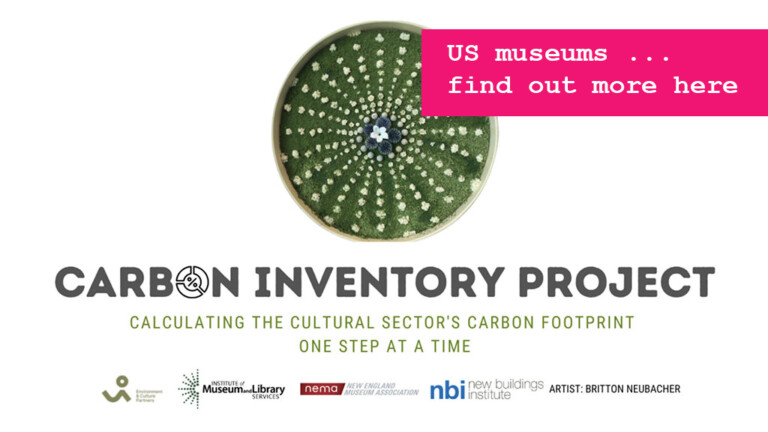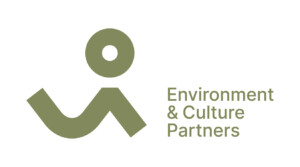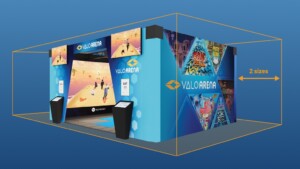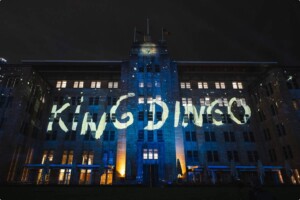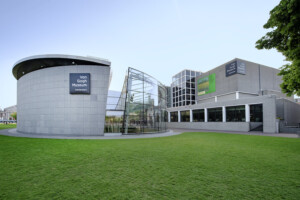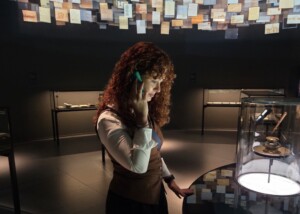Environment and Culture Partners, a non-profit organisation dedicated to strengthening and broadening the environmental leadership of the cultural sector, is encouraging cultural institutions to sign up for the Carbon Inventory Project.
By taking part, organisations can help the cultural sector in the US to better understand its energy use and support its commitment to reducing greenhouse emissions.
Across the world, one of the biggest sources of carbon emissions is energy use in buildings. And the cultural sector has its part to play. Heritage sites, zoos and aquariums, gardens and museums all require significant amounts of energy to power their spaces, from maintaining the temperature and humidity of their collections to lighting their offices.
Museums can easily measure their energy use and benefit from an improved understanding of the efficiency of their venue. This can also identify opportunities to save money, help support funding applications and help prepare the organisation for changes in legislation.
By combining this knowledge, there is a huge opportunity for the cultural sector to take collective action.
Supporting institutions
The Carbon Inventory Project (CIP) asks cultural organisations to submit their annual energy use for the inaugural US cultural sector carbon footprint. The results of the study will be released on Carbon Day, 16 June 2023.
Support is available for institutions wishing to take part, and can help them to start measuring, understanding and reporting energy consumption.
Free monthly presentations, office hours, and guidance using the EPA’s Energy Star Portfolio Manager reporting tool are available with CIP until 1 June, which is the deadline for data submissions.
This support is made available with funding from an IMLS National Leadership grant, project leads Environment & Culture Partners, New Buildings Institute, and New England Museum Association.
Organisations are encouraged to join CIP whether they need support to measure their energy use or already collect data. Venues can choose to publicise their participation or remain anonymous.
Participating venues include the Science Museum of Minnesota, Minnesota Marine Art Museum, Bernice Pauahi Bishop Museum, The Museum of Russian Icons, The Aldrich Contemporary Art Museum, and Exploratorium. Adding your organisation’s name to this list helps to evidence the sector’s commitment to supporting climate action, and shows the public that cultural organisations are a force for change and resilience.
Cultural organisations can sign up for the Carbon Inventory project here.
A wide range of resources and support are available here.
Sarah Sutton, CEO of Environment and Culture Partners, is one of the Power 10 in the 2022 blooloop 50 Museum Influencer List. This recognises her leadership in sustainability and climate action – for museums and for the world as we face the climate crisis.
